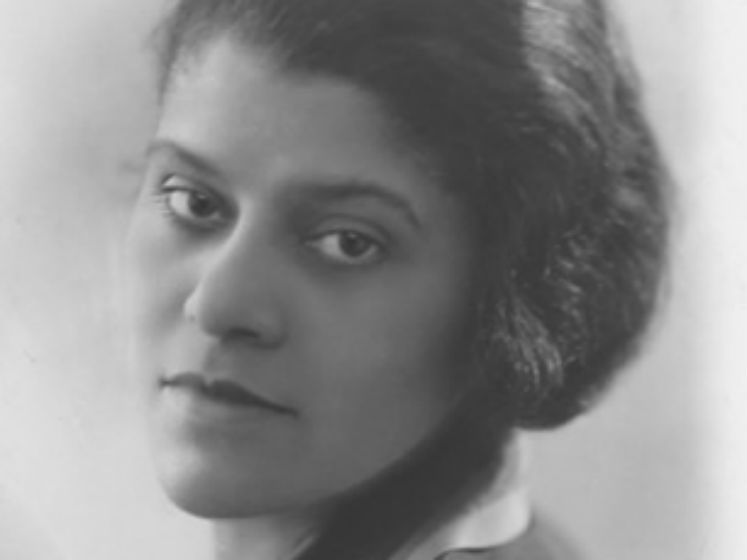 Eslanda Robeson
Eslanda Robeson
Eslanda Cordozo Goode Robeson (1895-1965) was an anti-racist, anti-colonialist, anti-capitalist, and feminist. She is remembered as a unique black woman of her time.
From chemistry to anthropology
Eslanda Robeson became the first histological chemist of surgical pathology at New York Presbyterian hospital, but changed career path to orchestrate her husband Paul Robeson’s acting and singing career. In the 1930s they moved to London, where their careers flourished. Eslanda Robeson was featured in three films, and studied at LSE from 1933-1935 and in the Lent term of the session 1937-38. At LSE, she studied under Bronislaw Malinowski, the Chair of Anthropology, who was considered one of the most important anthropologists of the 20th century. There she developed her interest in Africa.
Opposing injustice
One of her seminal works was the text African Journey, an anthropological piece calling for an African independence. In 1945 she received her PhD in Anthropology from Hartford Seminary School and continued in her opposition to injustice.
In 1951 she interrupted the United Nations postwar conference on genocide, supporting the Civil Rights Congress petition stating that “the lynching and other forms of assault on the lives and livelihoods of African Americans from 1945 to 1951, especially the frenzied attacks on returning black American veterans, amounted to genocide.” Both Paul and Eslanda were questioned and testified before Congress and their passports were confiscated for eight years.
Read more
Eslanda Robeson on the LSE History Blog by Sherese R Taylor
Book Review: Race Women Internationalists: Activist-Intellectuals and Global Freedom Struggles by Imaobong D Umoren on the LSE Review of Books